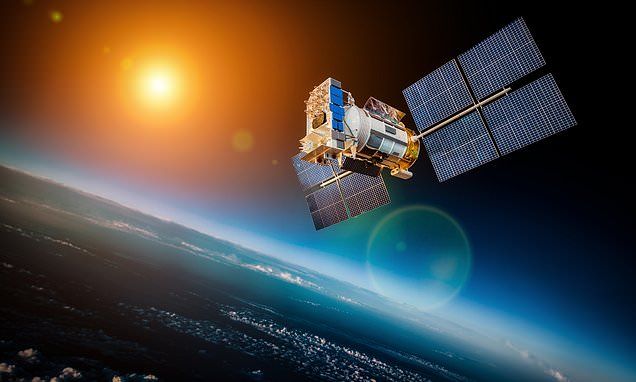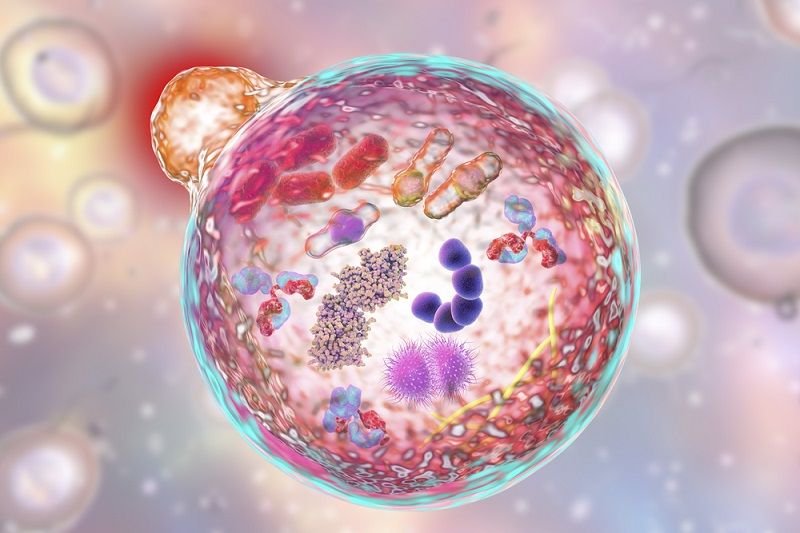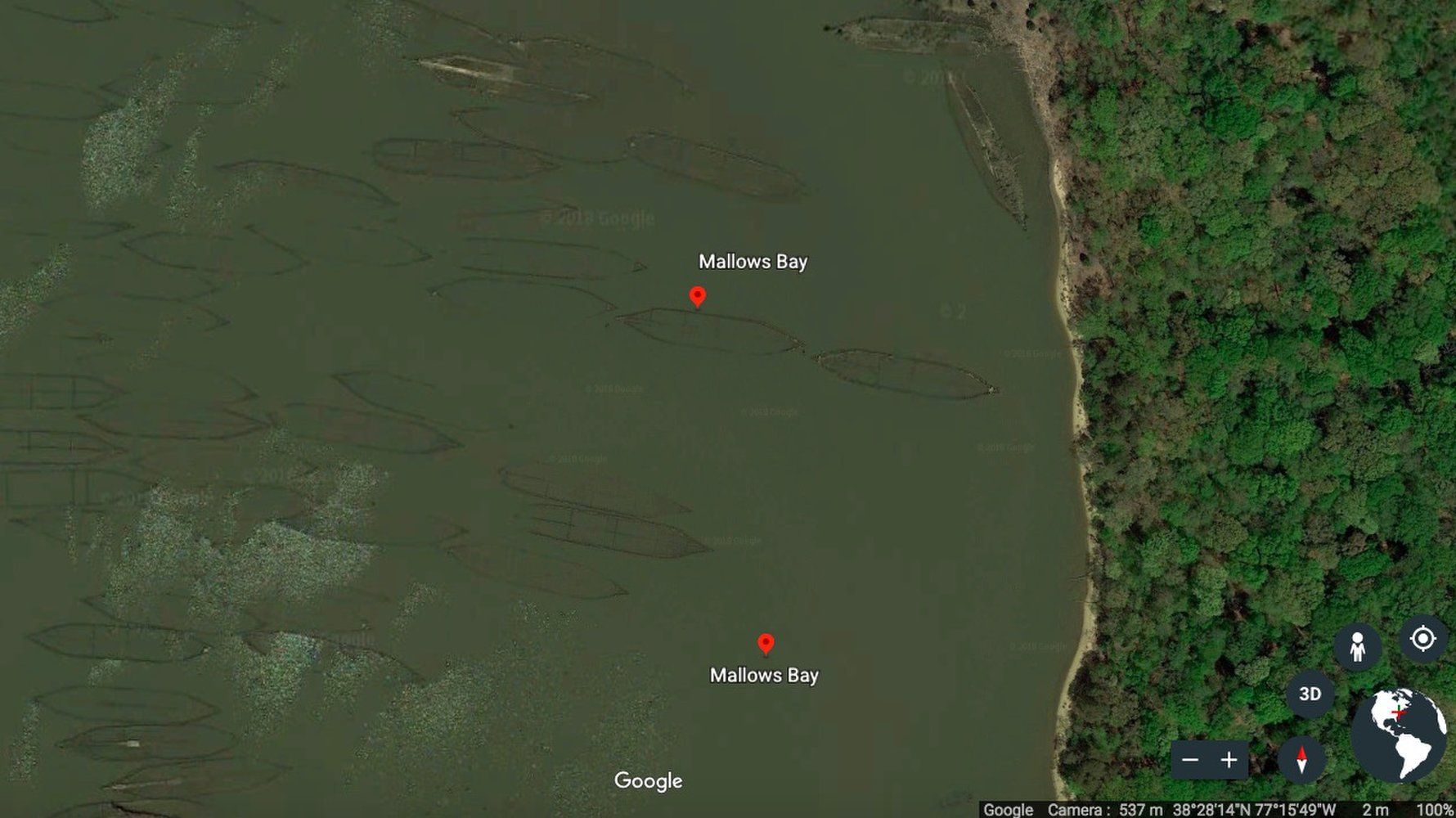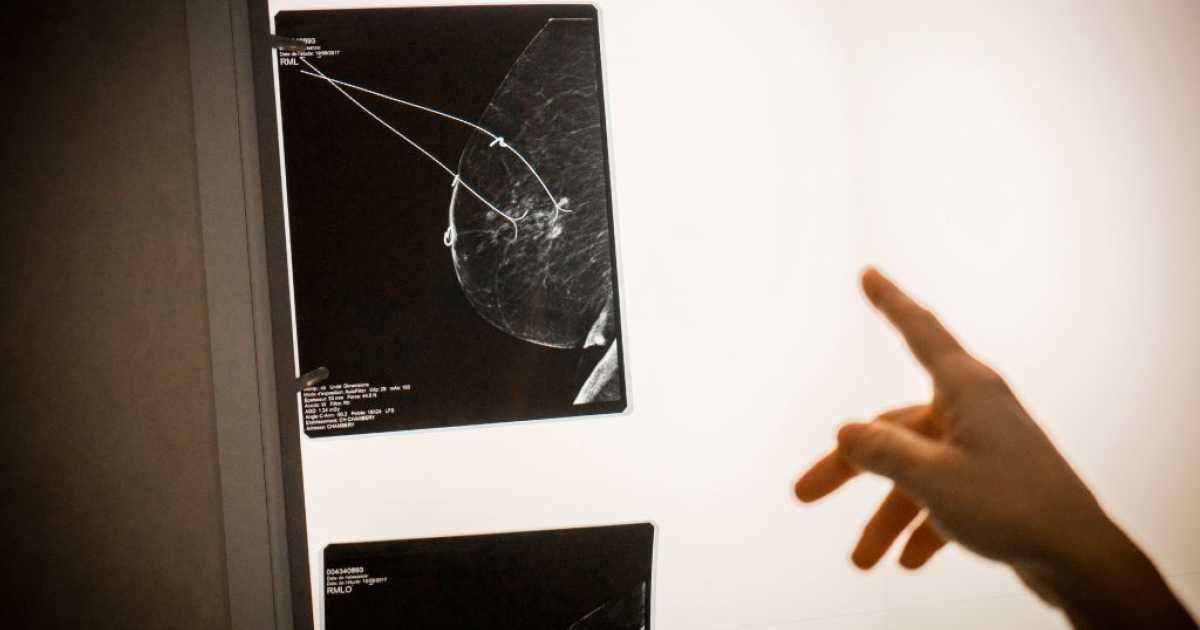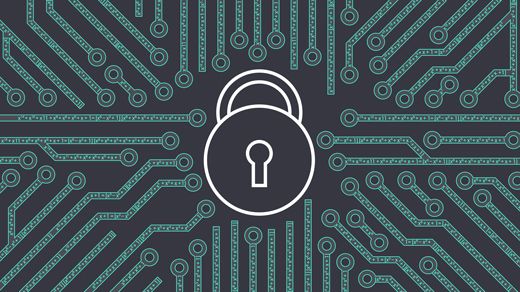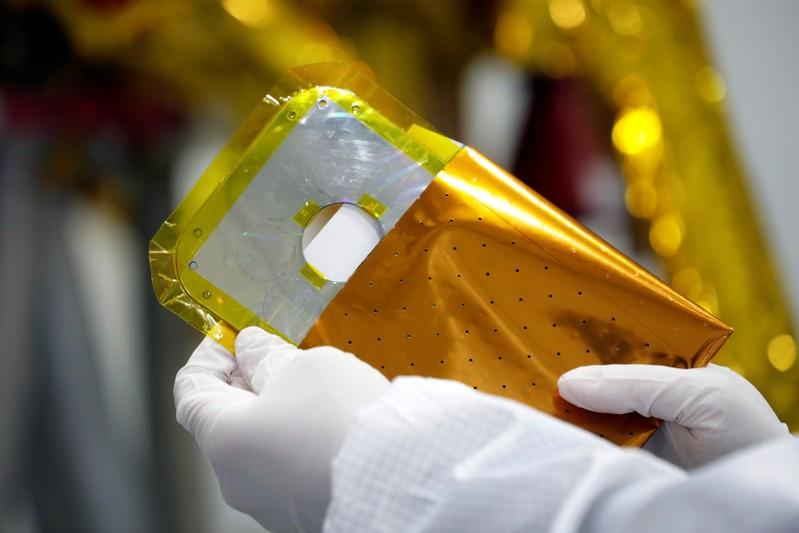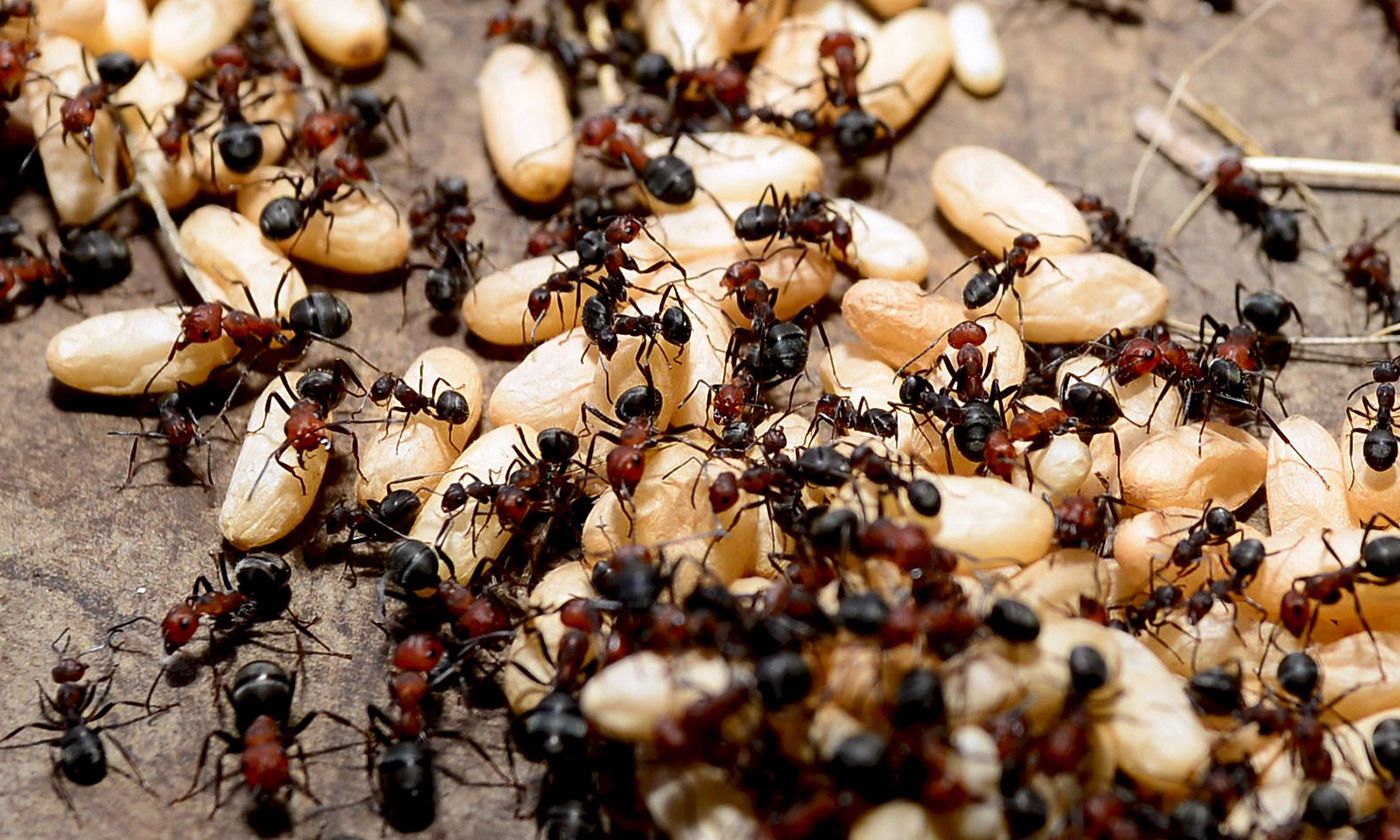Page 9593
Dec 17, 2018
A ‘Roadless Trip’ in a 3D-Printed Solar-Powered Snow Rover
Posted by Genevieve Klien in categories: 3D printing, solar power, sustainability
A Dutch couple is traversing Antarctica at 5 miles per hour in their Solar Voyager, which they made from upcycled plastic and solar panels.
Dec 17, 2018
China and Russia are working together to HEAT the atmosphere
Posted by Michael Lance in category: futurism
Dec 17, 2018
Loss of Autophagy Linked to Changes in Microglia
Posted by Steve Hill in category: life extension
Researchers have discovered a link between the cellular recycling system known as autophagy and the behavior of microglial immune cells during aging.
We have discussed the polarization of macrophages in a number of previous articles, and it has become quite a hot topic among researchers in the last few years. Microglia are tissue-resident macrophages in the central nervous system, and, like other macrophages, they also have a certain polarization state that essentially determines their behavioral patterns and activities.
There are two main polarizations in macrophages that are of interest: M1 and M2. In simple terms, M1 macrophages aggressively intercept pathogens and are proinflammatory, as they use various cellular weapons against invading bacteria and viruses. In contrast, M2 macrophages are focused on reducing inflammation to facilitate tissue repair and healing.
Continue reading “Loss of Autophagy Linked to Changes in Microglia” »
Dec 17, 2018
An Underwater ‘Ghost Fleet’ of Shipwrecks Is On the Move, and Here’s Why
Posted by Genevieve Klien in categories: futurism, military
WASHINGTON — The history of maritime vessels in the U.S. is preserved in an unlikely place — at the bottom of a river.
Nearly 200 military shipwrecks — dating as far back as the Revolutionary War and including ships from the Civil War and both World War I and World War II — were deliberately sunk over centuries, in an area of the Potomac River called Mallows Bay, in Maryland. Over time, this so-called ghost fleet of wooden ships has come to serve as habitat for local wildlife.
But is this artificial ecosystem stable? Researchers recently investigated how the shipwrecks have changed over time; their findings, presented here on Dec. 13 at the annual meeting of the American Geophysical Union (AGU), explained how the bodies of the ships weathered river conditions — in some cases for hundreds of years — and how that might affect the future of the ghost fleet ecosystem. [Mayday! 17 Mysterious Shipwrecks You Can See on Google Earth].
Dec 17, 2018
WOW: Israeli Company Reports New Method Destroys Cancerous Tumors
Posted by Genevieve Klien in category: biotech/medical
An Israeli company has announced that it has created a technology that will destroy cancerous tumors.
As The Times Of Israel reports, Alpha Tau Medical has a new treatment called Diffusing Alpha-emitters Radiation Therapy (DaRT). To circumvent the problem of how to prevent alpha particles that kill cancer cells from decaying rapidly, Alpha Tau initiated a method of placing the alpha particles inside a needle containing radium-224, a radioactive isotope. Once the needle is inserted into the tumor, it takes the radium four days to vanish, but during that period the radium transmits “daughter atoms” that spit out alpha particles that rupture the DNA of the cancer cells.
CEO Uzi Sofer told The Times of Israel, “This is the first time in the world that you can treat solid tumors,” with alpha radiation. He asserted that the treatment can be given anywhere; there is no need for a hospital setting, concluding, “It is like going to the dentist.” The whole procedure can take between 30 minutes and two hours.
Continue reading “WOW: Israeli Company Reports New Method Destroys Cancerous Tumors” »
Dec 17, 2018
Mathematicians Seal Back Door to Breaking RSA Encryption
Posted by Genevieve Klien in categories: encryption, mathematics, security
Digital security depends on the difficulty of factoring large numbers. A new proof shows why one method for breaking digital encryption won’t work.
Dec 17, 2018
Israeli spacecraft gets final element before 2019 moon launch
Posted by Genevieve Klien in category: space travel
At 60,000 km (37,000 miles) above Earth, the spacecraft will split off from the Falcon launch vehicle. It will at first orbit Earth in expanding ellipses and, about two months later, cross into the moon’s orbit. It will then slow and carry out a soft landing which should cause no damage to the craft.
“Our landing site is located somewhere between the landing sites of Apollo 15 and Apollo 17,” Anteby said. “It’s a flat area. But still it has small craters and a lot of boulders.”
Dec 17, 2018
Type 2 diabetes and cognitive decline: Study finds link
Posted by Genevieve Klien in categories: biotech/medical, neuroscience
New research examines cognitive function and brain atrophy in both people with and without type 2 diabetes over the course of approximately 5 years.
Dec 17, 2018
An ant colony has memories that its individual members don’t have
Posted by Xavier Rosseel in category: neuroscience
Why your brain is like an ant colony: they both get wiser and more stable by using collective memory for learning.


